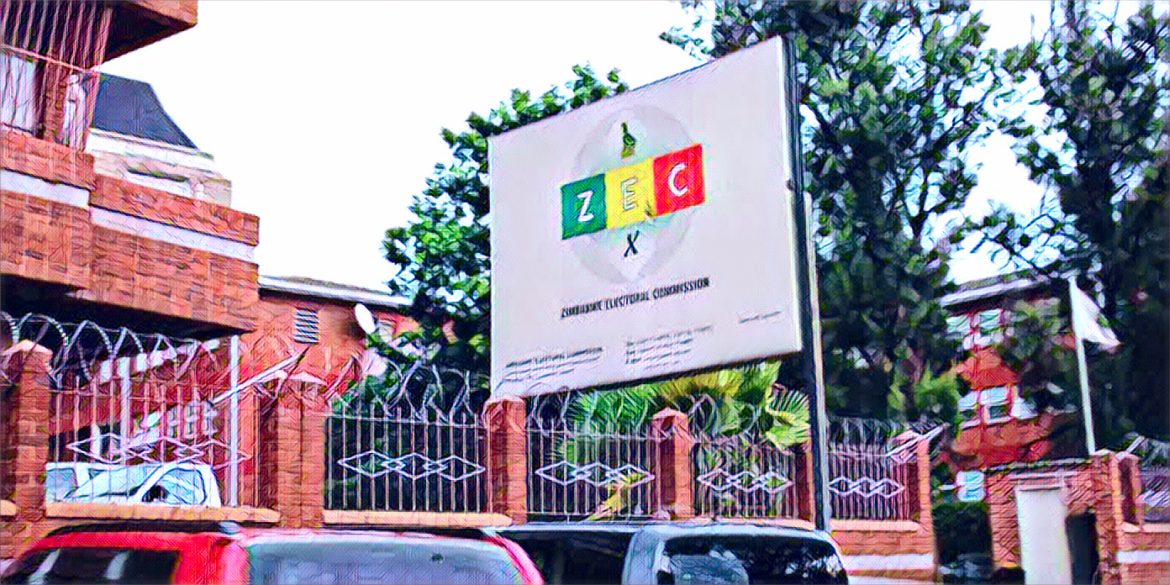In response to the chaotic 2023 elections, the Zimbabwe Electoral Commission (ZEC) is proposing mandatory registration for all political parties. ZEC Chairperson, Justice Priscilla Chigumba, announced these recommendations at a recent workshop in Bulawayo, stating that the move aims to enhance accountability and streamline the electoral process. The 2023 harmonized elections were marked by numerous irregularities and legal battles, which disrupted the smooth administration of the polls.
The 2023 elections, observed by the Southern African Development Community Elections Observer Mission (SEOM), were fraught with challenges. Issues such as double candidatures emerged within the opposition Citizens’ Coalition for Change (CCC), resulting in confusion and legal disputes that extended up to the eve of the elections. This turmoil caused delays in printing ballot papers, leading to voter disenfranchisement in several polling stations. Chigumba believes that formal registration of political parties could prevent a repeat of these problems.
Proposed Measures to Improve Election Administration
Justice Chigumba outlined two key recommendations to prevent future electoral chaos. First, she suggested the registration of political parties to establish a clear framework for accountability. “To solve the chaos around the nomination process, I made two recommendations: to register political parties or give time limits on electoral court challenges,” Chigumba stated. She emphasized that this would make political parties more accountable and reduce disputes over candidatures.
Second, Chigumba proposed setting a deadline for electoral court challenges. Under this recommendation, no challenges would be accepted within 30 days of election day. This measure is designed to minimize last-minute legal disputes that could disrupt the election process. She pointed out that the absence of legislation requiring party registration creates loopholes, allowing individuals to simply notify ZEC of their party’s existence without any formal accountability.
Chigumba also highlighted the lack of political will to enforce these changes. She explained that without mandatory registration, ZEC only interacts with political parties during the Nomination Court process, where numerous issues often arise. “There is no political will to register political parties. It is only at the Nomination Court that ZEC has an opportunity to legally engage political parties,” Chigumba noted. The lack of formal registration has led to a chaotic nomination process, undermining the integrity of elections.
Learning from International Practices
Chigumba’s proposal draws on international practices where political parties are often required to register like companies. In such systems, parties must adhere to specific rules and regulations, which makes them more accountable and subject to penalties, including deregistration, if they violate the terms of their registration. This model, she argues, could help bring more order to Zimbabwe’s electoral process by ensuring that parties and their members adhere to established rules.
The ZEC Chairperson’s recommendations reflect a growing consensus that Zimbabwe’s electoral framework needs reform to prevent future election-related chaos. By adopting a formal registration system, Zimbabwe could align more closely with international standards, reducing the likelihood of disputes.
Source: New Zimbabwe


